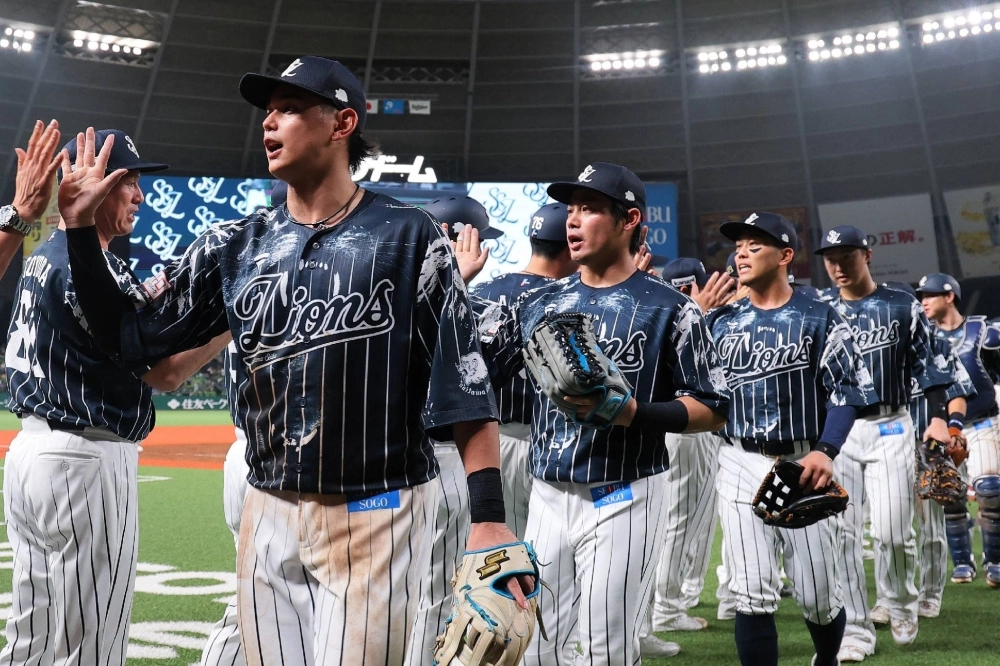In July, Tony Clark, executive director of the Major League Baseball Players Association, visited Japan to announce support for players in NPB. Japanese players are trying to take control of their name, image and likeness rights, or NIL — a fight familiar to college athletes in the United States. The Japanese clubs hold those rights and, therefore, the final say over the endorsement deals players make.
But NIL is not the only battle underway for the Japanese players association. It may not even be the most ambitious. Japanese players, who are not known for aggressive labor tactics, are pushing to become free agents earlier and want to be able to play in MLB sooner.



















With your current subscription plan you can comment on stories. However, before writing your first comment, please create a display name in the Profile section of your subscriber account page.